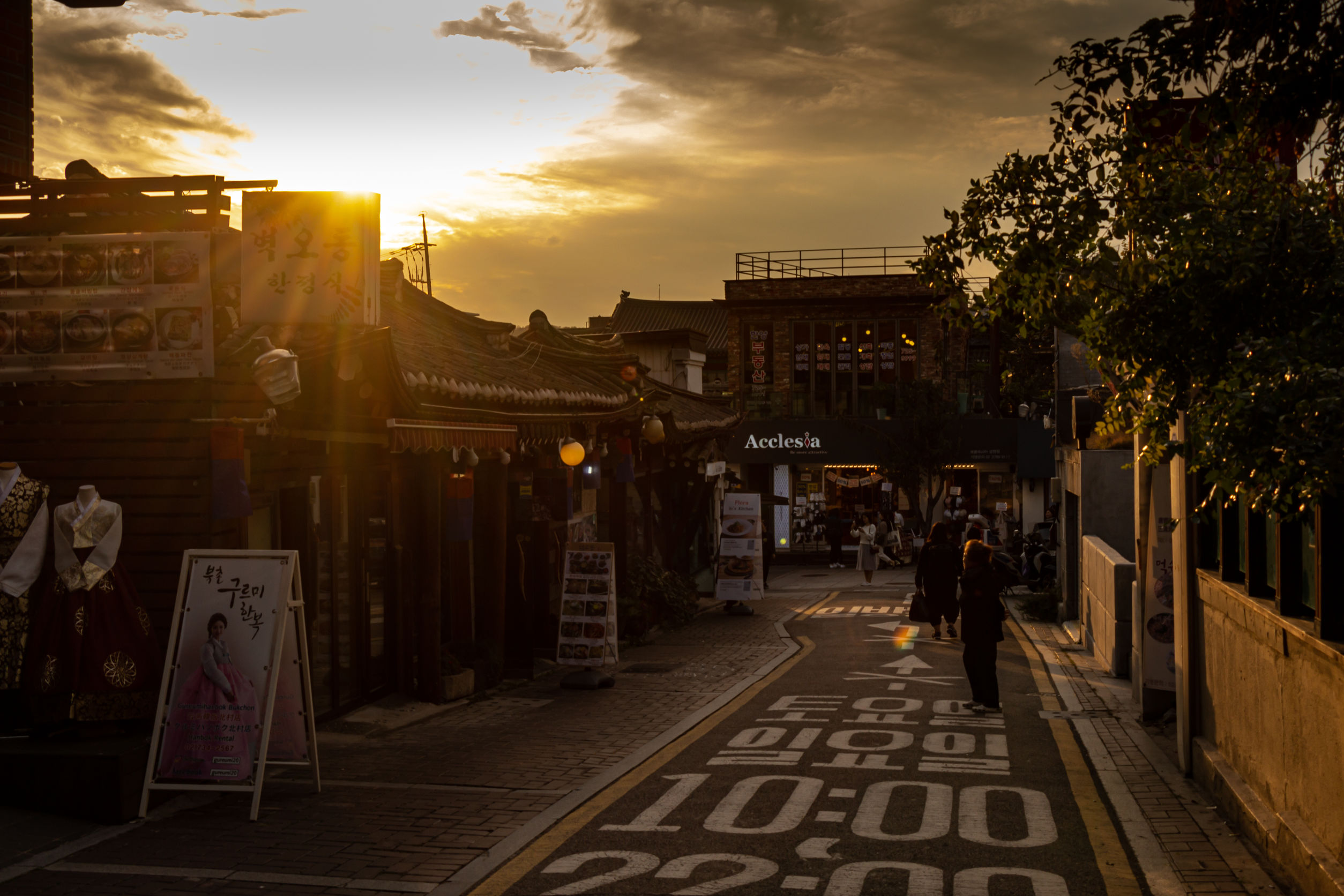South Korea: Govt advises SMEs to prep for shorter working week
- Charles Chau

SMEs will have to abide by the 52-hour cap on the working week starting from January next year. They had been given a grace period till the end of this year to do so.
The Korea Federation of Small and Medium Business has asked the government to reconsider its decision and has proposed for another grace period as SMEs deal with the fallout from the pandemic.
SMEs in South Korea are defined as companies with 50 to 299 staff and form 99% of all businesses and represent 83% of employment in the country, said Chosunilbo.
The 52-hour cap was first implemented in large companies with more than 300 staff in July 2018. For SMEs, the regulation was supposed to start in January this year, but the ministry has given them a one-year grace period.
The total number of staff employed by SMEs was 24.36 million in October, a decrease of 479,000 from last year, according to data from the Korea Small Business Institute.
READ: Number of layoffs by SMEs spokes in South Korea
Koreans’ working hours per week rank among the highest in the developed world – about 68, and death from overwork is common enough for it to have its own term – gwarosa. Nevertheless, many employees are against the compulsory cap as it means they cannot earn more money for overtime.
The government’s intention of shortening the working week was for companies to hire more workers once the shorter working week is implemented. However, the Korea Economic Research Institute has in 2018 projected the opposite – a loss of 336,000 jobs by 2020, all things being the same.






